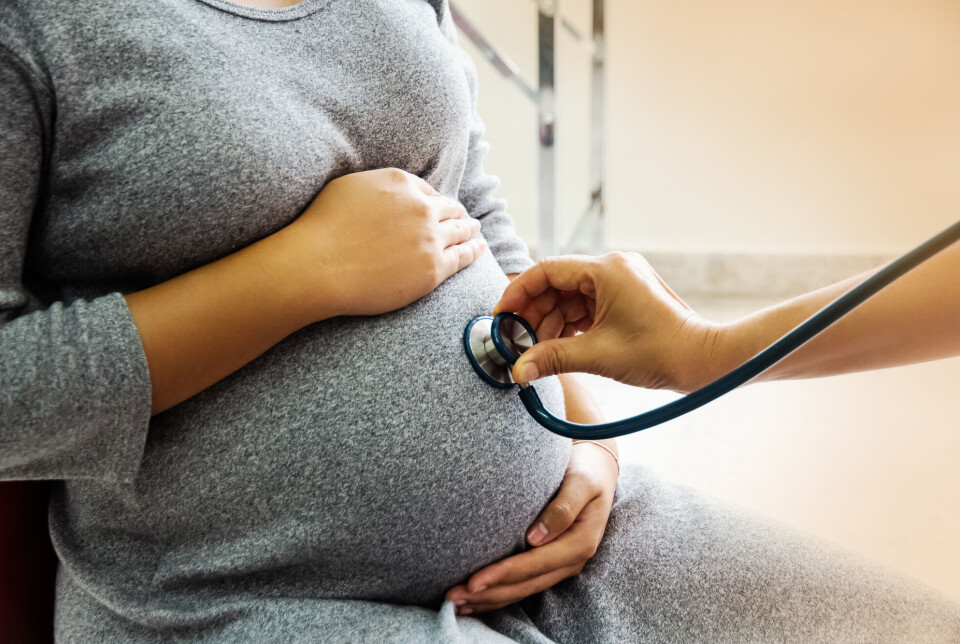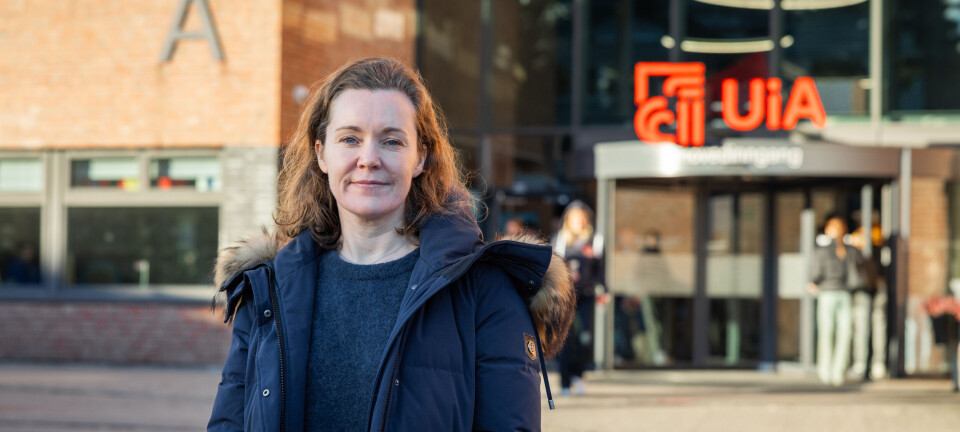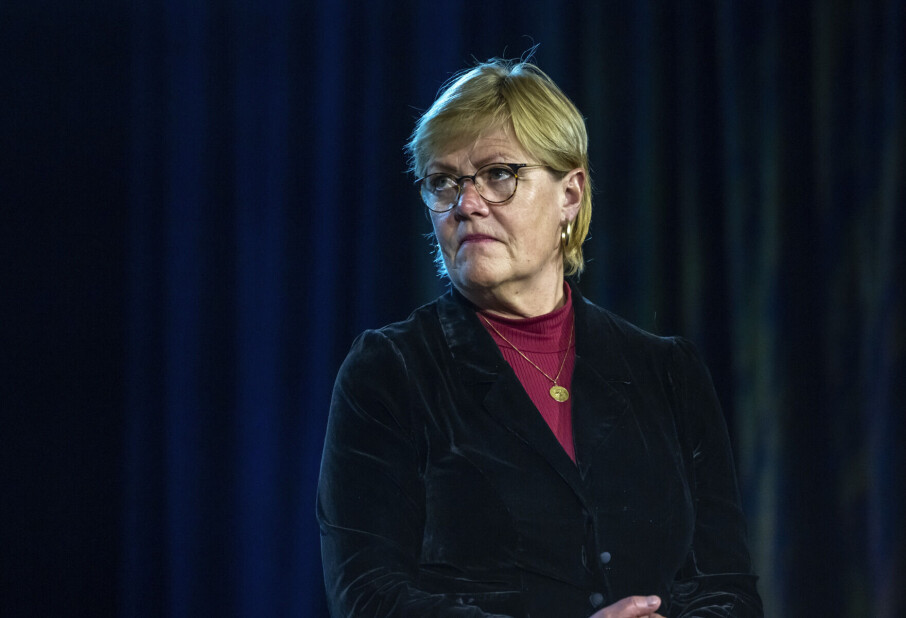
Undocumented pregnant women have a greater need for emergency health care than others
Pregnant women without legal residence in Norway do not have the same right to healthcare as other women. This has consequences, according to a new study.
People without legal residence in Norway, often called ‘undocumented’, essentially only have the right to emergency healthcare.
But since 2011, undocumented pregnant women have had the right to maternity care, through midwives at health centres in municipalities, and to give birth in hospitals.
They do not have the right to a GP, and they are excluded from the reimbursement scheme.
In a new study, Frode Eick at the Department of Community Medicine, University of Oslo, examined pregnant undocumented women.
More acutely ill
Eick looked at how seriously ill they are when they contact the emergency room and how many are admitted to the hospital, compared to other women.
He has found that these women have a greater need for emergency care and are more seriously ill when they first make contact.

Previous research has shown that people without legal residence in Norway avoid seeking healthcare for their health problems or delay seeking help until it is absolutely necessary. They also seek alternatives to public healthcare more frequently.
Cannot return to their home countries
Most undocumented individuals are asylum seekers whose application has been rejected. The group also consists of people who do not have papers upon arrival in other countries and people who have never been registered by the authorities. Some are so-called unreturnable.
“This means that they cannot return to their country of origin, partly because the country of origin does not accept forced returns or returns without identification papers,” researcher Trine Myhrvold said in an interview with forskning.no in 2019 (link in Norwegian).
Bleeding and pain
Sven Eirik Ruud works as a senior physician at the Oslo emergency room. He is also a researcher and one of the authors of this study.
Most viewed
No content
He says that these women often have more serious symptoms, such as greater vaginal bleeding and stronger pain, than other pregnant women they receive at the emergency room.
More are also admitted to hospital than is usual.
Higher threshold
The threshold for seeking help when something feels wrong during pregnancy is probably higher for these women, the researchers believe.
“Most probably know they have the right to emergency healthcare, but they might be afraid to seek help because they do not legally reside in Norway,” Ruud says.
This could be the reason why it is more urgent when they finally do arrive, and why more are admitted to hospital, he believes.
However, the researchers did not ask the women about this. This study is based solely on data from medical records.
Difficult to follow-up
At the emergency room, Ruud and the other doctors treat all patients on an equal basis. Everyone has the same right to emergency care in Norway.
Since these women do not have a GP who can follow them up, they are more often sent to hospital.
Doctors at the emergency room must ensure they receive an assessment, he says.
Ruud explains that the difficulty lies in integrating these women into a health centre's follow-up programme. The onus is on the women themselves to initiate contact, as there is no automatic system in place for this.
“I’ve spoken with colleagues who say that they personally call the district where the woman lives to ensure they get help,” he says.
Difficult to research
People without legal residence are a group that is difficult to research, as they are not registered anywhere, according to Eick.
Therefore, no one really knows for sure how many individuals are living without legal residence in Norway. In 2022, the police suggested that it could be around 1,800.
There has been very little research done on this group in the past. And very few have looked at quantitative data, as in this study, Eick says.

The researchers behind the study found a total of 225 consultations with pregnant women without legal residence.
Should there be closer follow-up?
Since this is a study based solely on data from medical records, the researchers do not know the reason why the woman came late to the emergency room.
“But the data we have suggests that we should look more closely at whether these women can receive closer follow-up during pregnancy,” Eick believes.
There are also studies in other European countries showing that this group has low use of primary healthcare services and help in pregnancy.
Some studies also show that they have a higher incidence of adverse outcomes in pregnancy. Especially for preterm birth and low birth weight.
Frustrated and angry
Healthcare and social workers may find that it challenges their professional ethics that they cannot provide the same healthcare to everyone.
This was shown in a small study that Sykepleien Forskning recently wrote about (link in Norwegian).
Those interviewed in this study reacted with frustration and anger that vulnerable, undocumented migrants are being denied the healthcare they need.
In 2020, nurses, doctors, and psychologists gathered around the appeal ‘We are healthcare professionals. Let us do our job.’ The appeal states, among other things:
‘As doctors, nurses, and psychologists, we are obliged to help those suffering from illnesses or disorders to regain their health. Our role is to heal, provide relief, and offer comfort. Regulations that discriminates against or excludes certain groups is not compatible with our professional ethics.’
The UN has twice, in 2013 and 2020, criticised Norway for violating human rights by not offering undocumented migrants healthcare on par with the rest of the population.
Translated by Alette Bjordal Gjellesvik
Reference:
Eick et al. Use of emergency primary care among pregnant undocumented migrants over ten years: an observational study from Oslo, Norway. Scandinavian Journal of Primary Health Care, 2023.
—— —
Read the Norwegian version of this article on forskning.no
































